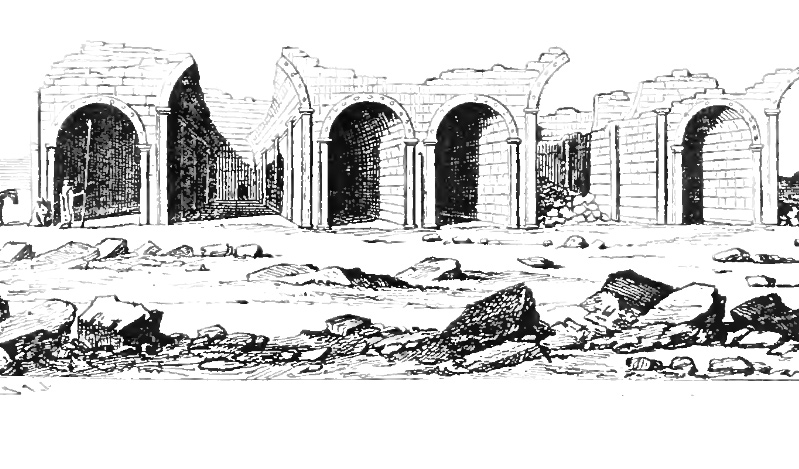<
Destruction of Ancient City By Isis Feared
